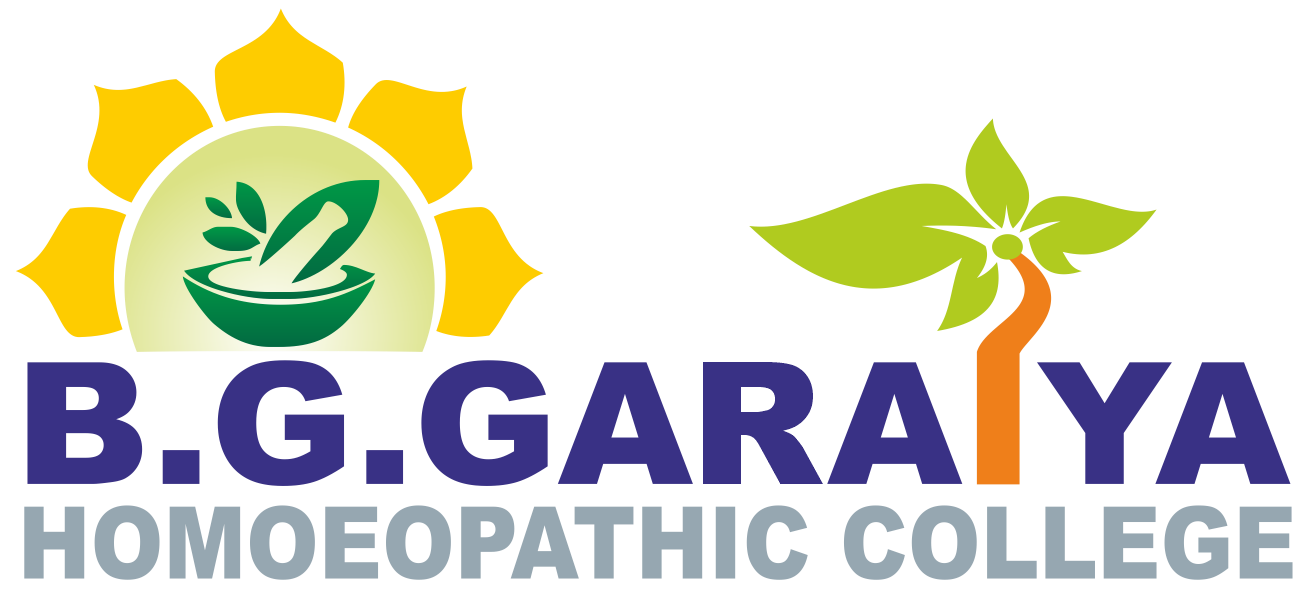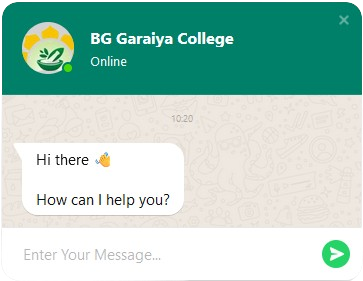Forensic Medicine and Toxicology
Gynecology & Obstetics
Homeopathy Materia Medica
Homeopathy Pharmacy
Organon of Medicine
Pathology & Microbiology
Physiology
Practice of Medicine
Surgery
Repertory
Community Medicine
Anatomy
Biochemistery

Forensic medicine is the subject that deals with the application of medical knowledge to the investigation of crime, particularly in establishing the causes of injury or death. While toxicology is understanding effects of the toxic substance on healthy human being. In our laboratory, we provide facilities to understand medico-legal aspects of medical practice.
Analysis, synthesis, content determination and many other key tests could not take place without specialized chemical reagents, which is why you find a lot of them in any chemical laboratory. How do we classify chemical reagents? How do they differ and where are they used? You can read all about them in the article below.

Gynecology is the branch of medicine which deals with the functions and diseases specific to women and girls, especially those affecting the reproductive system.
While obstetrics is relating to childbirth and the processes associated with it. In our hospital we have a department of gynecology and obstetrics that provides 24X7 medical facilities and creates learning platform for students.

Homeopathic Materia Medica is an encyclopedia of drug substance that has the unique property of healing. It is a collection of sign and symptoms observed in a healthy human being while drug proving. Knowledge homeopathic material medica is essential for selection of medicine (Remedy).
In our department, we have a vast collection of reference material that helps in the detailed study of homeopathy material medica.

Homeopathy Pharmacy is a subject the deals with preparation of medicine from crude drugs substance. This includes collection, compounding, combining, preparing, preserving and standardising drugs and medicines according to the Homoeopathic principle; and also dispensing medicines.
In our pharmacy laboratory we provide platform for students to understand preparation of medicine in various potency and mother tincture from drug substance.

Organon of medicine is the basic philosophy of homeopathy we deal with the guiding principles of homeopathy enunciated by the great master Dr.Samuel Hahnemann. Understanding of Organon is necessary for understanding the homeopathic system of medicine. This includes studying of vital force, miasm, case taking, drug proving, posology etc.

Studying of Pathology means understanding what is wrong is sick people. Pathology understands the cause and effects of disease process on the human body while microbiology deals with studying of microscopic structures and laboratory investigation.
In our hospital, we have a laboratory that helps in studying the pathological and microbiological process of the disease condition

Physiology deals with normal functioning of healthy human body, this includes studying of neuromuscular system, cardiovascular system, respiratory system, gastrointestinal system etc.
In our Physiology department with the help of expert faculties we provide platform for learning how body works to the students.

In our hospital, we have a department of Practice of Medicine that provides day and night medical facilities. Understanding the practice of medicine is the core knowledge that requires in medical practice. Our main focus is to provide diagnostics skills to our medical students that involve serological, radiological and other laboratory investigation.
The practice of medicine involves the diagnosis of diseases whether physical or mental, treatment, or correction of human conditions.

Surgery deals with the treatment of a disorder of human body and injuries by means of surgical intervention. In our hospital, we have a department of surgery that deals with the emergency medical condition.
We have major and minor operations theater that provides facilities of planed and emergency surgical operations; this process provides learning opportunity for medical students.

Repertory is an index of symptoms of the Homoeopathic Materia Medica, with their corresponding medicines given in gradation and arranged systematically.
Established – 2012, BHMS – subject is introduced in IV year. Teacher & students ratio -1:3. Teaching methods: Theory - lecture, Clinical knowledge (OPD and Bedside), Practical - Tutorial, Clinical meeting’ Journal club and Subject Seminars. UG –Manual repertorisation, Using repertory soft ware.
Student Enrichment Programmes like Workshops, CMEs & Seminars, Training programme – “How to write dissertation” and Training programme on Hospital procedure – catheterization, ryles tube insertion etc. are regularly conducted.
Scholarly activities beyond the curriculum include participation in Chart preparation, Drug Picture Presentation & Articles publication in the college magazine.
Infrastructure & Facilities: Well furnished with Library, Charts, Class rooms with OHP & LCD facility, Computer lab. Internet with e learning facility and software.

Community medicine is taught for III AND IV BHMS students according to the syllabus prescribed by CCH, A total of 150 Theory classes and 150 hours of practicals are taken for the students. Practical classes include field visits, Health survey visits, Health awareness programs, International and national health day observations. Final year BHMS students are taken to the chemical factory, Milk pasteurization units (AMUL), Water purification center, sewage treatment plant, PHC, Anganwadi, Subcentre, and family survey visits. Every month one important national health days are observed by inviting some guest lecturers from different institutions. Some important days observed are world health day, world cancer day, world TB day etc.
Facility :Museum The department has a well-equipped museum. Various charts, specimen, food grains of nutritive importance are kept in the museum. In the demonstration room, many health education charts and boards are displayed.
Medical Camps
The department is organizing medical camps, school health check-up program, Health education program periodically in collaboration with various NGO’S. for the academic year 2017. As an outreach center, total 11 villages has been adopted by Department of Community Medicine.

Anatomy is a branch of natural science which deals with the structural organization of living things. It is an old science, having its beginnings in prehistoric times.[2] Anatomy is inherently tied to developmental biology, embryology, comparative anatomy, evolutionary biology, and phylogeny,[3] as these are the processes by which anatomy is generated, both over immediate and long-term timescales. Anatomy and physiology, which study the structure and function of organisms and their parts respectively, make a natural pair of related disciplines, and are often studied together. Human anatomy is one of the essential basic sciences that are applied in medicine.

Biochemistry is both life science and a chemical science - it explores the chemistry of living organisms and the molecular basis for the changes occurring in living cells. It uses the methods of chemistry,
"Biochemistry has become the foundation for understanding all biological processes. It has provided explanations for the causes of many diseases in humans, animals and plants."
physics, molecular biology, and immunology to study the structure and behaviour of the complex molecules found in biological material and the ways these molecules interact to form cells, tissues, and whole organisms.




 Our Departments
Our Departments











